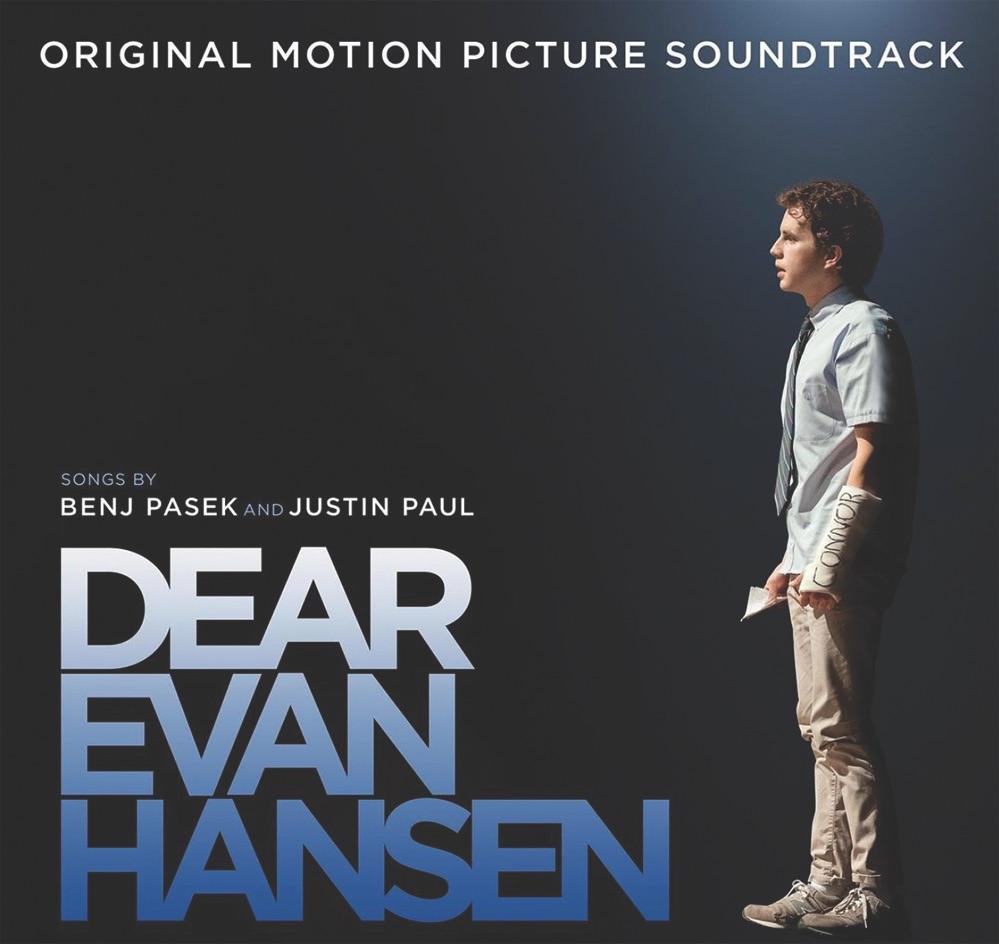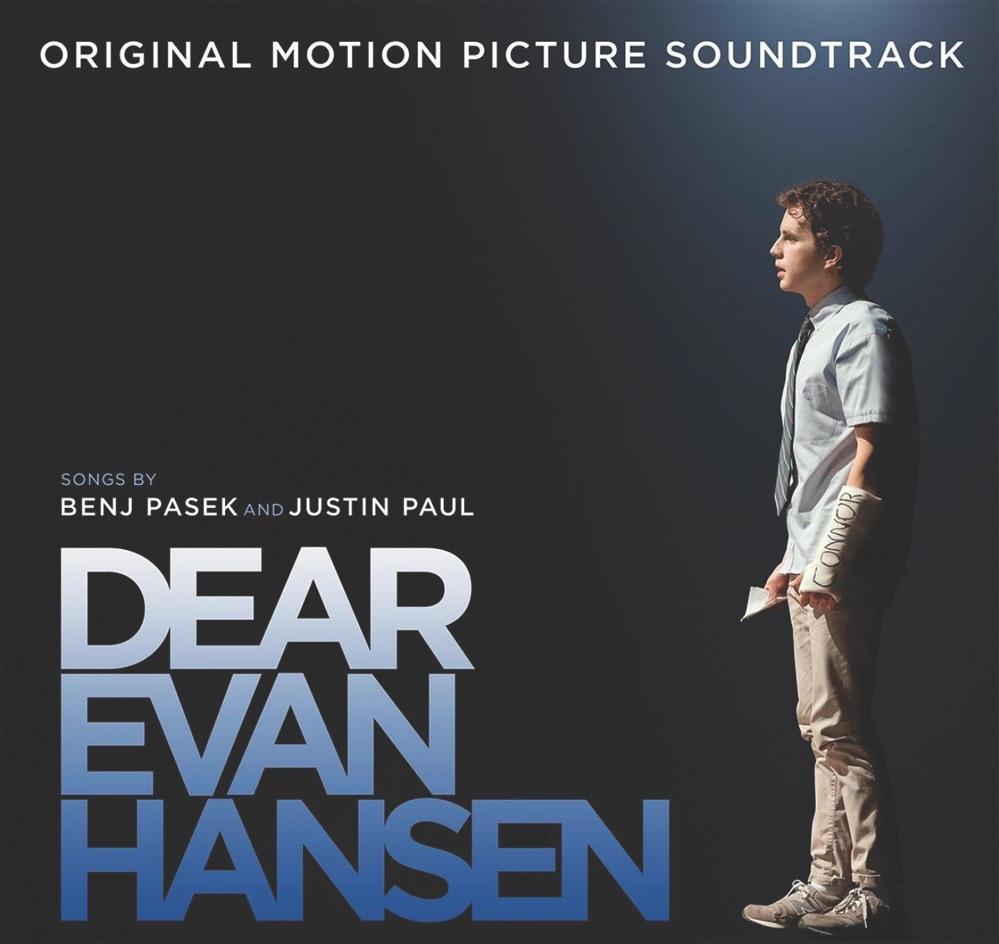★★☆☆☆
CW: This article references suicide. Please refer to the end of the article for on- and off-campus resources.
Anyone familiar with Broadway in the last five years will have heard of “Dear Evan Hansen,” the pop-musical sensation that swept the Tony Awards in 2017. Exploring grief, mental health struggles and the dangers of social media, the musical was embraced by young people for its honest depiction of growing up as a member of Generation Z. With music by “La La Land” composers Benj Pasek and Justin Paul, and coming out amid a resurgence of movie musicals, it seemed inevitable that this Broadway hit would get the full Hollywood treatment. However, inevitability is not the same thing as suitability in the case of “Dear Evan Hansen.”
In “Dear Evan Hansen,” the titular character, Evan (Ben Platt), is a high school senior who struggles with extreme social anxiety and feels ignored by his constantly working single mom, Heidi (Julianne Moore). To improve his self-esteem, his therapist instructs him to write encouraging letters to himself. When Evan’s highly volatile classmate Connor Murphy (Colton Ryan) discovers one such letter in the school printer, Connor steals it after noticing a reference to his sister, Zoe (Kaitlyn Dever), whom Evan has a secret crush on.
Later in the film, Connor takes his own life with the stolen letter still in his pocket, while his distraught parents Cynthia (Amy Adams) and Larry (Danny Pino) mistake it for a suicide note addressed to Evan. Unable to muster the courage to tell Connor’s parents the truth, Evan becomes trapped in an increasingly elaborate web of lies centering around a fabricated friendship between himself and Connor. This inadvertently leads to Evan bonding with the family and with Zoe, until he gives a speech at Connor’s memorial that goes viral and threatens to implode his ruse.
The premise of the film is complex and tenuous, only held together on Broadway by the emotional performances of a small cast. However, upon being translated to film, jokes that worked on stage were cut for the sake of realism, extraneous shots of student extras and suburban neighborhoods feel hollow and jarring and the entirety of the plot crumbles under its own morbid ridiculousness.
Ultimately, the main issue with “Dear Evan Hansen” is that its very concept does not work in film.
Live musical theatre both necessitates and accommodates extreme suspension of disbelief because of the stage and live audience format. Musicals are borne aloft on emotional truths over practical ones, and smaller aspects of a play like plot implausibilities or character flaws are swallowed up by cathartic music and dazzling lighting.
The glamour of theaters is not afforded to a movie packed with extreme close-ups and certain scenes that could only be described as gritty. It is unrealistic for a film with such serious topics to ask its audience to take its plot literally when the characters burst into song while committing morally despicable misdeeds. These moments, played without a hint of camp or humor, could only be met with nervous laughter, as viewers at the early screening event were unsure of how else to react to such bizarre scenarios.

However, there were some salvageable points of the movie. For instance, the use of montages to expand upon character development was an effective use of the play’s new movie format. This was best executed in the song “Requiem,” which captured the Murphys entrenched in grief in ways that looked different for each of them.
Julianne Moore, Kaitlyn Dever and Amy Adams all performed with as much grace and subtlety as was manageable under the circumstances. Moore’s moving ballad “So Big/So Small” was refreshingly honest in a movie about lies. Dever’s clenched-jaw bitterness clashed beautifully with Adams’ desperate optimism, creating authentic stakes amid the plot’s unreality.
The music, when considered in isolation, was excellent. Ben Platt may have looked too old and acted too overwrought, but his angelic voice nearly manages to save the movie. His performance of “Words Fail” packs a true emotional punch, and the soaring harmonies of “You Will Be Found” transcend their dishonest context.
But overall, the songs feel out of place in the film’s dreary world, and audiences will struggle to develop the necessary sympathy for Evan to get through this nearly two-and-a-half-hour slog of sappy absurdity.
Resources: On-campus resources include Health Education Services (202-687-8949) and Counseling and Psychiatric Service (202-687-6985); additional off-campus resources include the National Suicide Prevention Hotline (1-800-273-8255).














